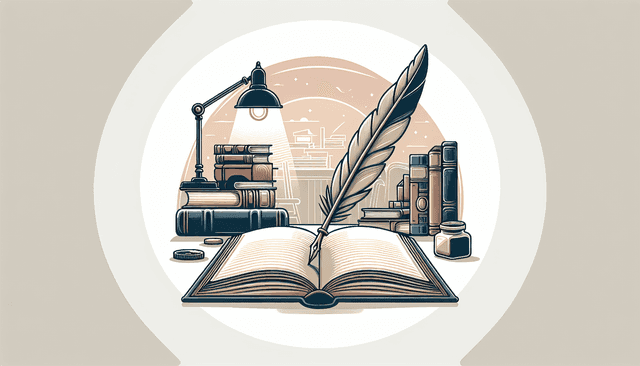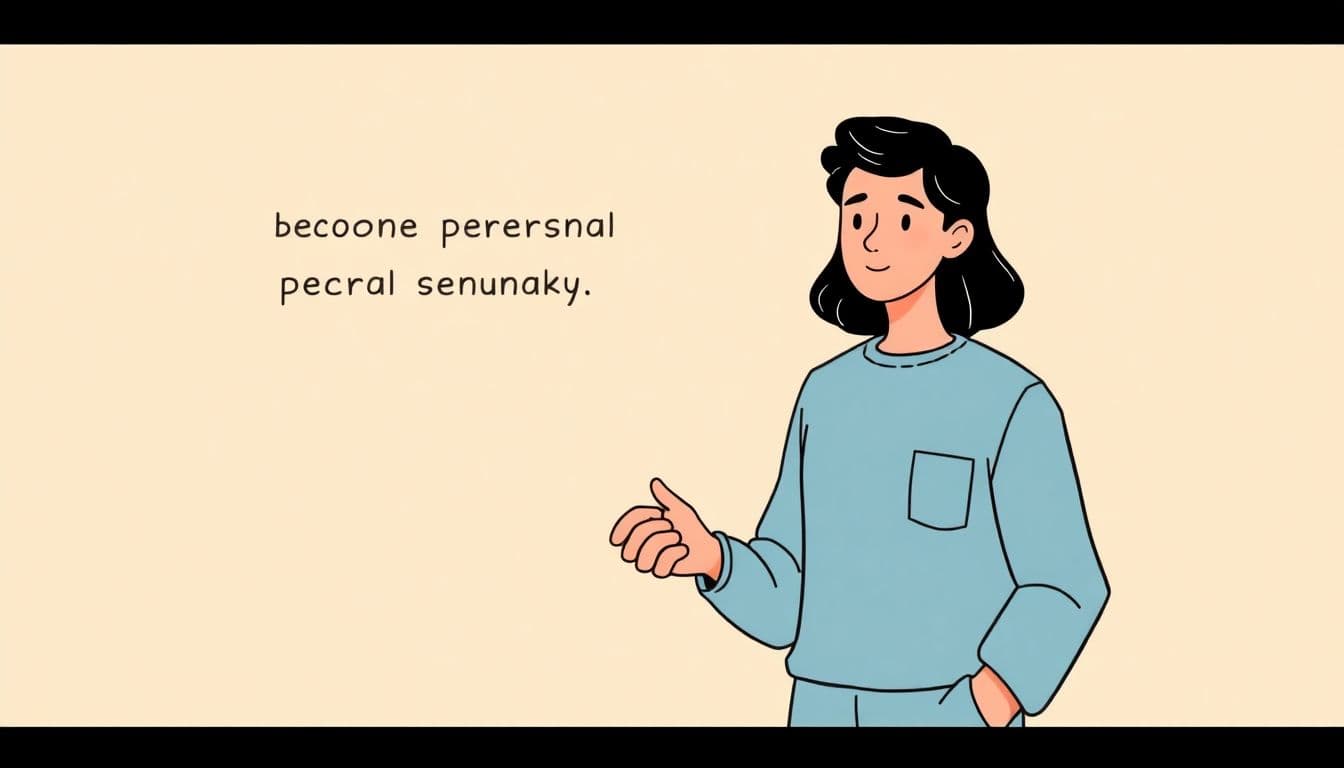Table of Contents
Finding the right book editor can feel like searching for a needle in a haystack. With so many options out there, it’s totally normal to feel overwhelmed or unsure about who can best help you polish your manuscript. After all, this person will play a crucial role in turning your draft into a masterpiece!
But don’t worry—if you stick around, I promise you’ll discover some handy tips and insights to make this process smoother. You’ll learn what to look for in an editor, how to find one, and even what questions to ask before you dive in.
Together, we’ll explore the types of editors, the factors to consider, and the signs that you’ve found a gem. By the end, you’ll not only feel more confident about your choice but also ready to build a solid partnership with your editor!
Key Takeaways
- Identify the type of editing you need: developmental, copy, line, or proofreading.
- Gather recommendations and check platforms for editors with experience in your genre.
- Review editors’ portfolios to see if their style matches your vision.
- Ask about their experience, editing process, turnaround times, and rates.
- Understand the editing stages—from developmental edits to proofreading.
- Budget appropriately; costs vary by editor, type of editing, and manuscript length.
- Build a good relationship with your editor through open communication and regular check-ins.

How to Choose the Right Book Editor
Choosing the right book editor can make or break your manuscript.
Start by identifying what type of editing you need—developmental, copy, or line editing, as each focuses on different aspects of your writing.
Next, gather recommendations from fellow writers or explore platforms like freelance directories for editors with relevant experience.
Review their portfolios to see if their editing style matches your vision. You’re looking for someone who not only can fix grammar but also improve the overall narrative flow and clarity.
Finally, set up a meeting with potential editors to discuss your project and gauge their understanding of your genre. If they share your passion, it’s often a good sign!
Types of Book Editors
Understanding the different types of book editors is crucial in this journey.
The most common types include developmental editors, who help shape the content and structure; copy editors, who focus on grammar, punctuation, and consistency; and proofreaders, the last set of eyes on your manuscript before publication.
Additionally, a line editor works on the prose itself, ensuring it flows smoothly while enhancing the style.
Each type has its own set of skills and focuses on specific elements of your work, so knowing which one you need can save you time and money.
For fiction writers, a developmental editor is often the most beneficial, while a non-fiction author might benefit more from a copy editor to ensure clarity and accuracy.
Factors to Consider When Choosing an Editor
When it comes to selecting an editor, there are several factors to keep in mind.
First off, consider their experience in your book’s genre. An editor with a background in your specific field will understand the nuances of your writing better.
Next, think about their editing process—do they provide detailed feedback or just mark changes? A thorough approach can help you grow as a writer.
Another important factor is their availability and turnaround time. You don’t want to be left waiting while your manuscript gathers digital dust.
Finally, consider budget. Good editing can be pricey, but investing in one can save you from costly mistakes down the line.

Where to Find Book Editors
Finding the right book editor can sometimes feel like searching for a needle in a haystack.
Consider starting with online freelance platforms like Upwork or Fiverr, where you can browse profiles and read reviews from other authors.
Another option is to join writing groups on social media or platforms like Facebook and LinkedIn, where many editors actively promote their services.
Local writers’ associations are also valuable resources; they often have directories of editors who specialize in different genres.
If you have attended writing conferences or workshops, don’t hesitate to ask fellow writers for personal recommendations, as word-of-mouth can lead you to stellar editors you might not find online.
Questions to Ask a Potential Editor
When vetting potential editors, asking the right questions can help ensure a good fit.
Start by asking about their experience—how long they’ve been editing and what genres they specialize in.
Inquire about their editing process and turnaround times; you want someone whose method aligns with your needs.
Don’t forget to ask about their rates and whether they accept payment plans, especially if you’re on a budget.
Finally, request references and some samples of their past work to evaluate their editing style.
The Editing Process Explained
The editing process is more than just proofreading; it involves several stages.
Initially, a developmental edit shapes the overall structure and content of your manuscript.
Next, the editor will conduct a line edit, refining the prose and ensuring clarity.
After that comes copy editing, focused on grammar, punctuation, and consistency.
Finally, proofreading is the last step, catching any lingering errors before publication.
Understanding this process will help you know what to expect and how to prepare your manuscript for each stage.
Understanding Editing Costs
Understanding what you may need to spend on editing is crucial for budgeting your book project.
The cost of editing can vary based on the editor’s experience, the type of editing required, and the length of your manuscript.
On average, developmental editing might range from $0.05 to $0.15 per word, while copy editing typically costs $0.01 to $0.03 per word.
Proofreading usually runs from $0.01 to $0.02 per word.
In some cases, you might find an editor who offers a package deal for multiple services, which can save you some money.
Building a Relationship with Your Editor
Building a good relationship with your editor can enhance the editing experience.
Start by establishing open communication—discuss what you hope to achieve and the feedback style you prefer.
Be receptive to their recommendations, as they bring an outside perspective that can be invaluable.
Regular check-ins can help ensure you’re aligned throughout the editing process.
Lastly, expressing gratitude and feedback about their work can foster a positive rapport that benefits future projects.
Signs of a Good Book Editor
Spotting a good book editor can save you a lot of headaches.
Look for someone who gives detailed feedback, not just surface-level edits.
A solid editor should clearly communicate the intent behind their suggestions rather than just marking up your work.
They should be familiar with your genre and provide examples from your manuscript to support their advice.
Lastly, a good editor respects deadlines and keeps communication flowing smoothly during the process.
When to Consider Different Editors
Knowing when to switch between different editors can boost your manuscript’s quality.
Start with a developmental editor if you’re at the early stages of your manuscript and need help with structure and content.
Once you’re happy with the story flow, move on to a line editor to polish your prose.
Finally, consult a copy editor for a comprehensive cleanup of grammar and style.
After these steps, a proofreader should be the last stop before publication, ensuring no errors slip through.
FAQs
There are several types of book editors, including developmental editors, copy editors, line editors, and proofreaders. Each specializes in different aspects of editing, from structural changes to grammar and typographical errors.
You can find qualified book editors through online directories, publishing forums, and recommendations from fellow authors. Networking in writing groups also helps connect you with potential editors.
When choosing an editor, consider their expertise in your genre, their editing style, past client reviews, and availability. Also, be sure to discuss communication preferences upfront.
Editing costs can vary widely based on the editor’s experience, type of editing required, and your manuscript’s length. Expect to pay anywhere from $0.01 to $0.05 per word, depending on those factors.



